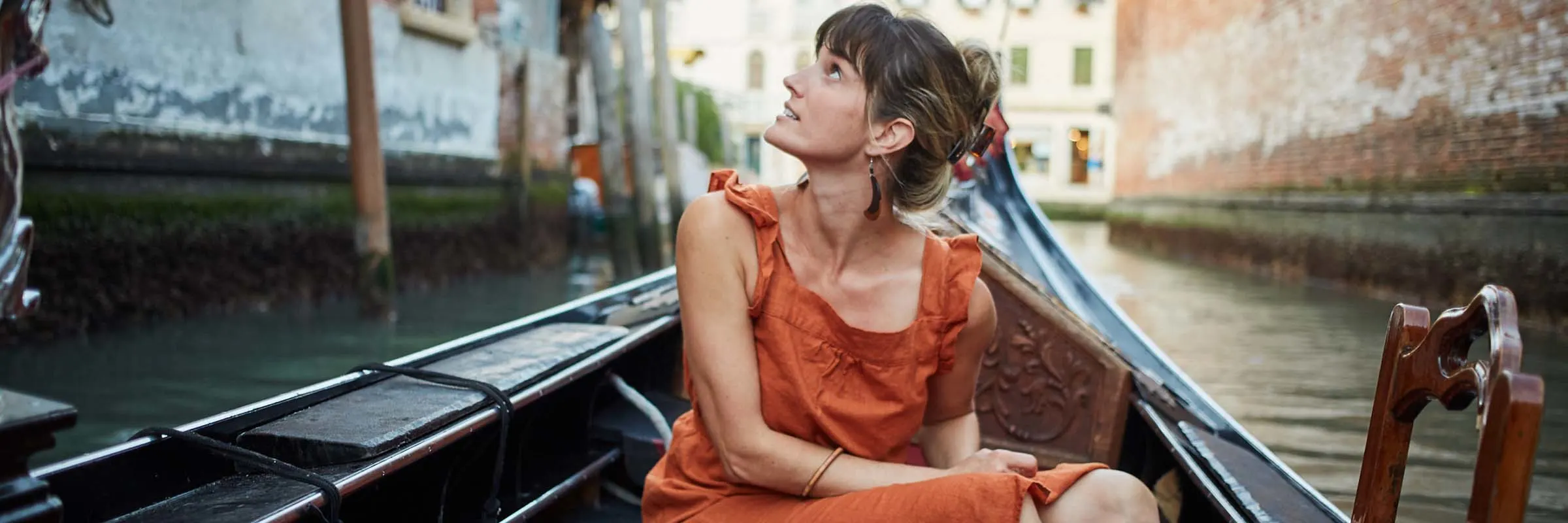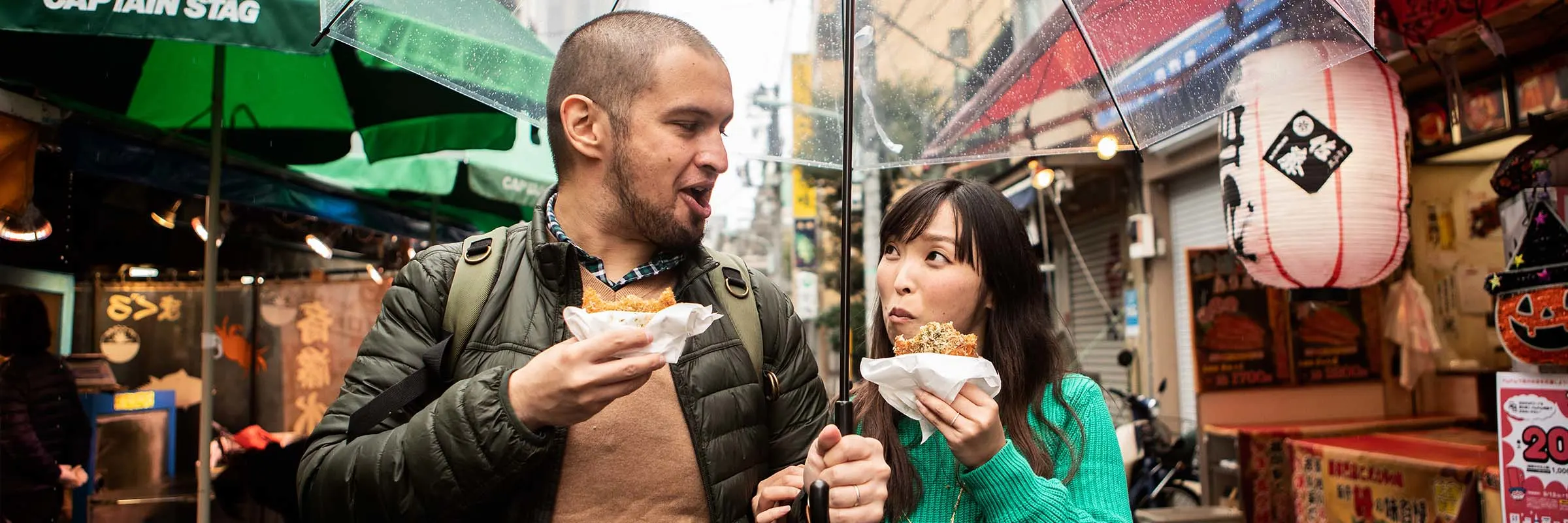What we'll cover
How to plan and budget for travel upgrades
Ways to spend that can improve your experience
Upgrades that might not be worth the extra cost
Travel is a great way to learn about other cultures, expand your horizons and enjoy new experiences. But planning trips and navigating airports can be a hassle. Good news — there are countless ways to pay a little extra to smooth out the stresses of travel.
Upgrades worth the cost
Value is always subjective, but some travel upgrades provide convenience that you might want to keep in mind. (Just make sure they fit into your travel budget.)
Travel agents
With all the resources available online, you can plan even the most detailed trips on your own. But that doesn’t mean preparing your travel itinerary is the best (or most affordable) way.
Working with a travel agent or advisor can help you secure the best possible rates for flights and accommodations while also taking some of the stress out of travel planning. This is especially true for international or group trips. Travel agents can share their expertise to help keep everything running smoothly.
Top-tier travel gear
You don’t need to splurge on every imaginable travel accessory, but the must-haves like a sturdy suitcase, comfortable shoes and TSA-friendly toiletry storage are worth the spend. These investments can last many years and are helpful every time you travel.
Working with a travel agent or advisor can help you secure the best possible rates for flights and accommodations while also taking some of the stress out of travel planning.
Seat selection
Knowing how you like to travel and applying that knowledge to your seat selection can greatly improve your experience. Picking your seat can be especially worth it on long flights, whether it’s an aisle for easy access to overhead storage or a window for a bird's-eye view.
Tip: Seat fees often apply only to budget tickets or airlines. Upgrading your base fare for free seat selection might be a more affordable option.
Travel insurance
Even when you’ve planned for months to ensure your itinerary is ironclad, plans can quickly go awry. Travel insurance can help recoup your costs if you get sick or injured, weather threatens your travels or your luggage gets lost.
You probably don’t need to spring for insurance on domestic travel, unless you anticipate challenging weather or are traveling at a high-volume period where cancelations are more common. But for expensive or international trips, it’s a great way to buy some peace of mind.
TSA PreCheck
Even for the most seasoned travelers, passing through security checkpoints is often a hassle. Having a way to bypass the lines (and avoid taking off your shoes) is a real treat and a great time-saver. TSA PreCheck, a government program, costs around $80 upfront and $70 to renew after five years. If you fly often, this is likely a worthwhile purchase.
Skip these upgrades
For most travelers, some extra expenses might not be worth it.
Business or first-class
If you’re thinking of paying extra to sit in first or business class, consider passing on the expense. The cost is often too high to justify, especially if seats in these sections don’t fully recline for you to get some shut-eye. But if you’re able to affordably angle your way into one of these seats with your credit card or travel points, go for it. You can also check in at the ticket counter before your flight to see whether any seating upgrades are available at lower costs due to under-booking.
Peak-period travel
You might not have thought of traveling during peak periods like spring break or winter holidays as an upgrade, but in many ways, the cost could be very similar. (And you’ll probably have a harder time negotiating upgrades for airline seats, hotel rooms or rental cars if demand is high.)
Not only will your tickets and lodging likely be more expensive, but you might also be spending more time and money for peak-season experiences at your destination. If you have the option to travel during the off-season, it can be a great way to save on all parts of your trip.
Amenity-packed hotel rooms
Be sure to evaluate the purpose of your travel before splurging on a room. If you’re hoping to be out on the town for much of your trip, room upgrades might go unused. You could be better served booking a budget-friendly room and looking for these experiences outside of your hotel.
What do you value?
When it comes down to it, only you can decide what vacation experiences or conveniences are worth your hard-earned money. By taking stock of your travel needs ahead of time, you’ll be able to save (and splurge) strategically.



